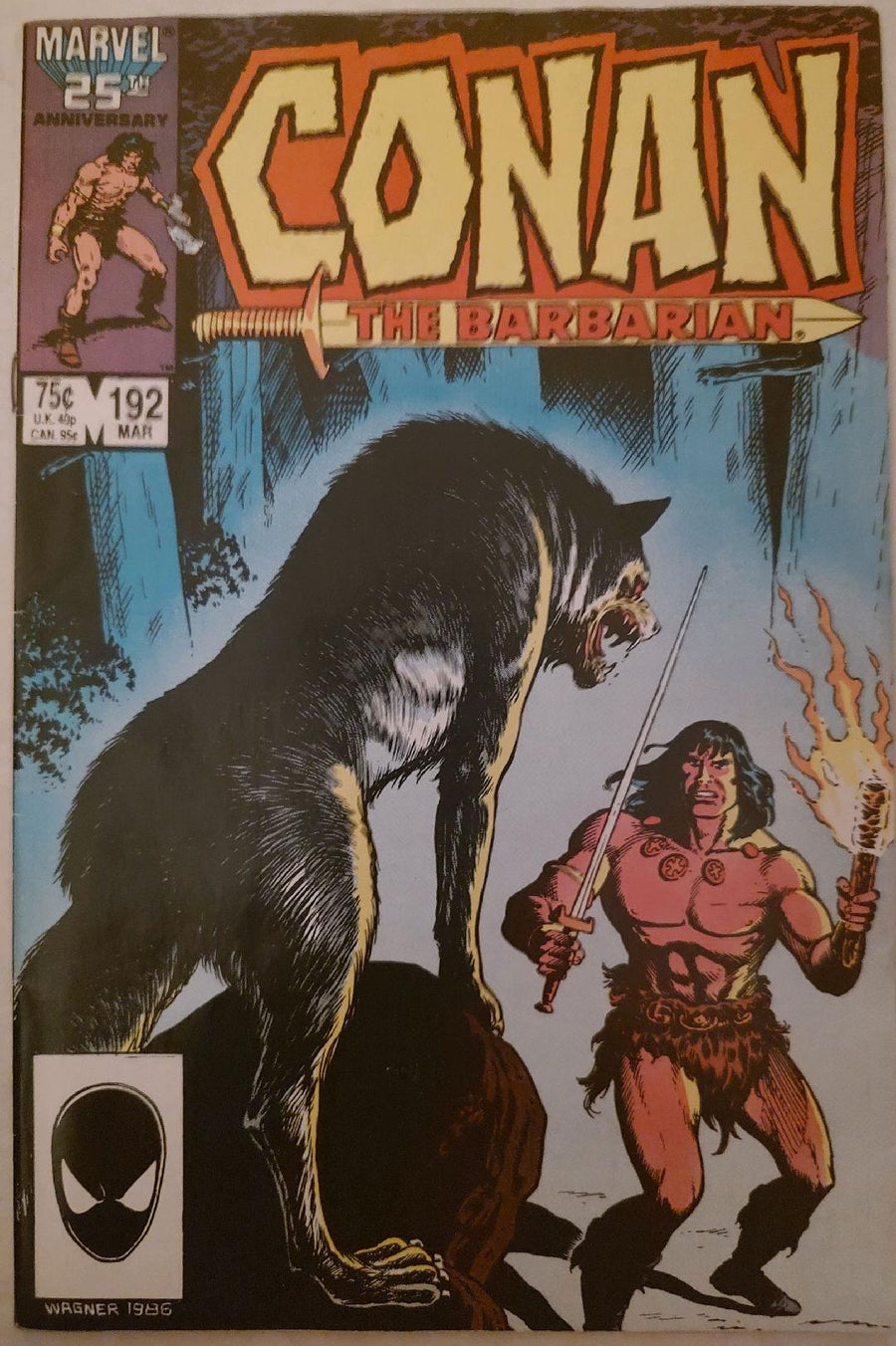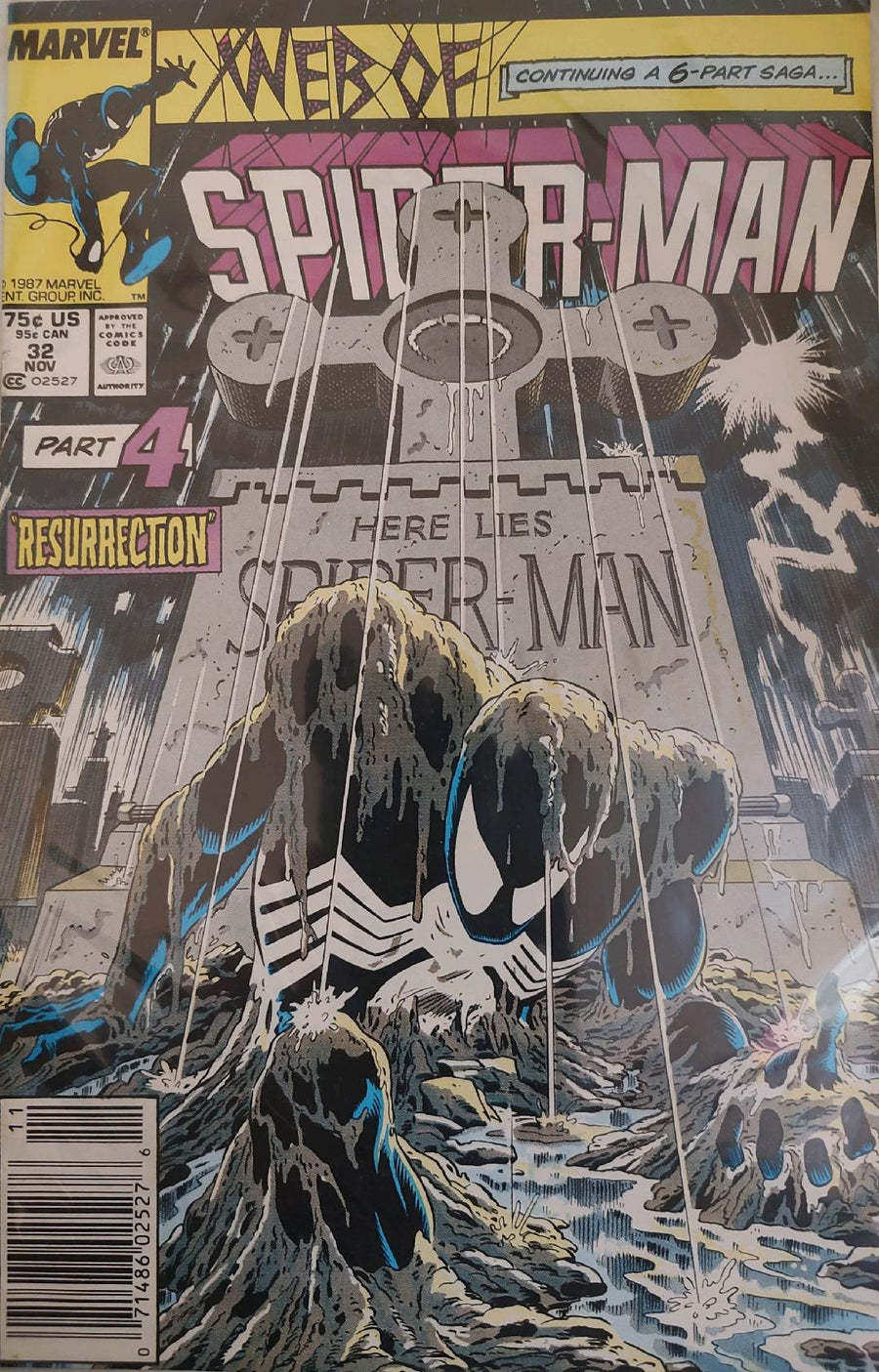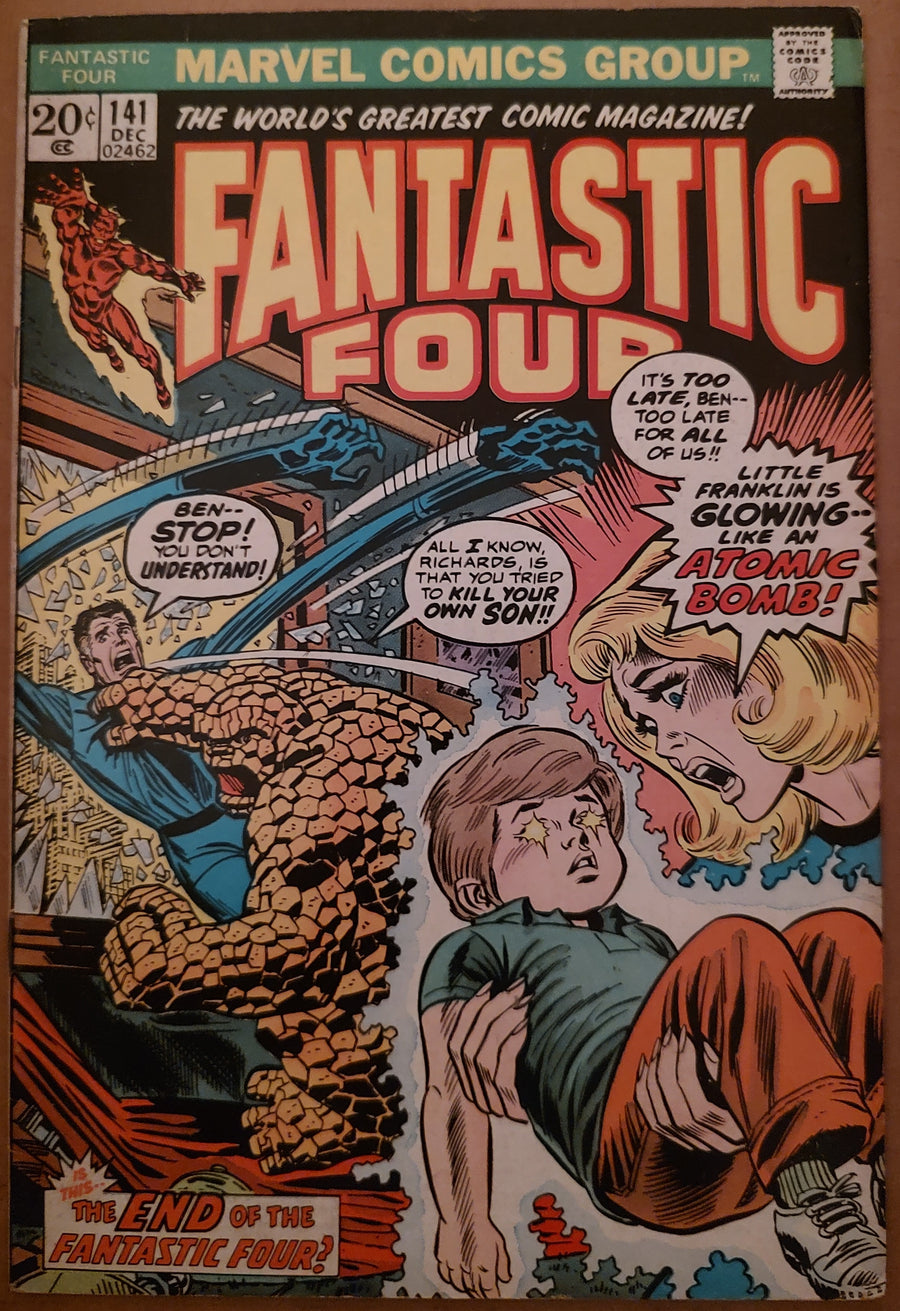Will the Comic Book Industry Survive? A Look at the Challenges and Triumphs of Comic Book Shops and Distributors
The comic book industry, a world filled with heroes, villains, and epic battles, has had quite the ride over the years. From its humble beginnings to becoming a cultural juggernaut with blockbuster movies and fan conventions, comics have always been a beloved escape for many. However, recently, the industry has faced some significant challenges. With bankruptcies of distributors, comic book shops closing their doors, and changing market dynamics, one may wonder will the comic book industry survive?
While things seem a bit rocky right now, there’s still hope on the horizon. In this article, we’ll explore the challenges facing the comic book industry, highlight some of the superhero comic books that are still thriving, and discuss what stores and distributors are doing to adapt and survive.
The Changing Landscape of Comic Books
Before diving into the specifics, it’s important to understand the landscape of the comic book industry. Once upon a time, comic books were mainly sold through comic book shops, with fans flocking to these stores every Wednesday for the latest issues. The industry was largely driven by the comic book shops themselves, with distribution models that centered around direct-market sales. However, things have changed.
The rise of digital media has had a major impact on how people consume comics. Digital comics are available online, and there’s an entire marketplace for them. Subscription services like ComiXology and Marvel Unlimited allow fans to read an extensive library of comic books for a monthly fee. Digital comics are more convenient and often cheaper than physical books, leading to a shift in how people engage with comics.
Additionally, superhero films have skyrocketed in popularity, leading to an increased focus on media properties rather than the comics themselves. While this has brought some mainstream attention to the comic world, it has also shifted the focus away from physical comic book sales to films and merchandise.
The Crisis: Bankruptcy of Distributors and Comic Book Shop Closures
As with many industries, the comic book world has faced its fair share of challenges. The direct market which is the primary way comic books are distributed to retailers has gone through some significant shakeups, and this has had an impact on both comic book shops and the distributors themselves.
One of the most significant events in recent comic book history was the bankruptcy of major comic book distributor, Diamond Comic Distributors in 2020 and early 2025. As one of the largest distributors of comic books to stores, Diamond’s collapse left many retailers scrambling for alternative sources of supply. Comic book shops, which relied on Diamond for their shipments, were severely impacted by this sudden disruption. With fewer comic book shipments, many shops faced financial difficulties, leading to closures or reduced operations.
Moreover, the pandemic accelerated these challenges. With restrictions on in-person shopping, many comic book shops struggled to stay afloat. Even some iconic comic book shops that had been around for decades were forced to close their doors, unable to recover from lost sales during lockdown periods.
Comic book conventions, where fans often flock to meet creators, buy merchandise, and discover new comics, were also canceled or postponed due to the pandemic, further contributing to the industry’s struggles. With fewer physical events to drive sales and no new releases in stores, many comic book enthusiasts started to turn to digital comics, which were readily available and easy to access from home.
Surviving the Storm: What’s Helping the Industry Bounce Back?
While the comic book industry faces its fair share of difficulties, it’s not all doom and gloom. Many stores and distributors are finding ways to adapt and survive. Here are some strategies that are helping the comic book industry bounce back:
1. Embracing Digital Comics
While physical comic book sales have seen a dip, digital comics are thriving. Many publishers have turned to platforms like ComiXology and Marvel Unlimited to distribute their comics to readers all over the world. These platforms allow fans to read comics on their smartphones, tablets, or computers, providing an easy and accessible way to enjoy stories without ever leaving the house.
Some comic book shops are even embracing the digital shift by offering subscriptions to digital comics. These shops may offer both print and digital options, so fans can choose how they’d like to consume their comics.
The appeal of digital comics is also amplified by the ability to read comics instantly, without the need to visit a physical store. Plus, digital comics are often available at a lower price point, which makes them an attractive option for budget-conscious fans. This shift toward digital formats may be the future of the industry.
2. Expanding Product Offerings in Comic Book Shops
For comic book shops to survive, they have to be more than just places to buy comics. Many shops are expanding their offerings to become more of a pop culture hub. By introducing a wider range of products—such as action figures, collectibles, board games, and even apparel—comic book shops are able to diversify their income streams.
In addition, some stores are offering exclusive merchandise or limited-edition items tied to popular comic book characters. These collectibles are often highly sought after by fans and collectors, providing a way for shops to bring in extra revenue.
For example, some comic bookstores now host events, book signings, and meet-ups with popular comic book creators or artists. These events not only give fans the chance to meet their heroes but also help comic bookstores foster a sense of community, which is essential for survival in the competitive retail market.
3. Crowdfunding and Direct-to-Consumer Sales
Many independent comic book creators have turned to crowdfunding platforms like Kickstarter to fund their projects. This allows them to bypass traditional distribution methods and sell directly to their audience. Crowdfunding campaigns are a great way for creators to gauge interest in a comic before they even print the first issue. For comic fans, crowdfunding offers the opportunity to support creators directly and often receive exclusive perks like limited-edition prints, signed copies, or early access to new stories.
This direct-to-consumer approach has been successful for many independent creators and publishers. Not only does it allow comic books to reach readers without relying on traditional distributors, but it also helps build a more direct relationship between creators and their fans.
4. Superhero Comics Still Thrive
While the comic book industry has faced challenges, superhero comic books are still thriving. Superhero comics—particularly those from giants like Marvel and DC—continue to be some of the best-selling comics in the world. While the mainstream appeal of superhero movies has overshadowed comic book sales in some ways, the comics themselves are still holding strong. Iconic heroes like Spider-Man, Batman, and Wonder Woman continue to have loyal followings, and new characters are constantly being introduced to keep the genre fresh.
Comics like "Batman: The Killing Joke", "Spider-Man: Into the Spider-Verse", and "Wonder Woman: Dead Earth" have managed to captivate readers with their exciting storylines and intricate artwork. Even with the rise of digital platforms and online stores, superhero comic books remain a staple in both physical comic book shops and online marketplaces.
5. The Rise of Indie Comics
In addition to mainstream superhero comics, indie comics have become increasingly popular in recent years. Smaller publishers and self-published creators are finding new ways to capture readers’ attention by offering unique and diverse stories. These comics often explore genres and themes that may not be represented in mainstream superhero books, providing something for everyone.
Comics like "Saga", "The Walking Dead", and "Sandman" have gained a significant following, proving that readers are hungry for new stories and fresh perspectives. The rise of independent comics also shows that fans are willing to support new and exciting voices in the comic book industry.
Conclusion: The Comic Book Industry Will Endure
While it’s true that the comic book industry is undergoing some challenges, there’s no reason to believe that it won’t survive. With the rise of digital comics, crowdfunding, and diverse product offerings in stores, comic books are finding new ways to adapt to changing times.
Superhero comic books are still as popular as ever, and independent comics are thriving with creative and unique stories. Comic bookstores may have to adapt, but they’re far from disappearing. As long as there are fans who love the colorful, imaginative world of comics, the industry will continue to evolve and find ways to survive.
If you’re looking to buy comic books or add some superhero comic books to your collection, don’t worry. The industry is far from dead, and there are plenty of exciting stories waiting for you. Whether you’re into classic superhero tales or indie gems, the world of comics is still alive and well. Keep reading, keep supporting creators, and above all, keep enjoying the comics! Visit CycloneSale.com to buy comic books today!



















































Leave a comment